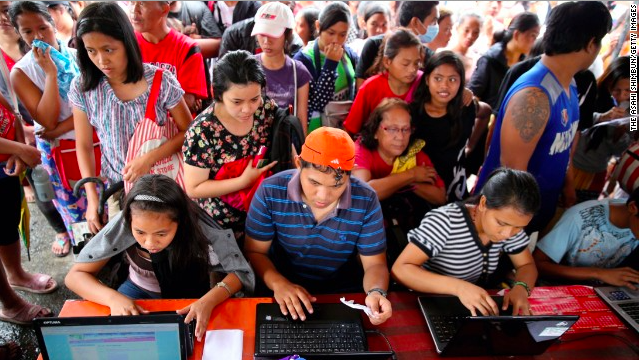Bam: ICT Hubs to Improve Internet Speed, Access
In an effort to boost the country’s Internet speed and access, a senator has filed a bill seeking to create an Online Network Establishment (ONE) that will build and develop basic information and communications (ICT) infrastructure throughout the country.
“The ONE Philippines Act is a concrete step to build and develop basic information and communications (ICT) infrastructure through the solidarity of both public and private agencies,” Sen. Bam Aquino said in Senate Bill No. 2698.
The bill calls for the establishment of ICT Hubs in every legislative district, which will improve the country’s Internet speed and give more Filipinos access to the World Wide Web.
“Being a nation with over 7,000 islands and with an estimated 10 million Filipinos living abroad, it is important that we establish quality access to the Internet, and other means of communications across the country,” Sen. Bam emphasized.
However, a report by the United Nations (UN) agency said seven of 10 Filipinos have no Internet access and only 18.9 percent of households have Internet connection.
“There is an urgent need to address the lack of Internet access in the Philippines so Filipinos can keep their connections alive and strong and business can continue to thrive,” Sen. Bam said.
Also, Sen. Bam added the country’s GDP will improve by up to one percent by improving access to ICT, based on a study by the Nathan Institute and the Oxford Institute.
“The approval of this bill will not only lead to more personal connections between Filipino families and friends, it will also advance industry and support the country’s exceptional economic growth,” Sen. Bam stressed.

Recent Comments